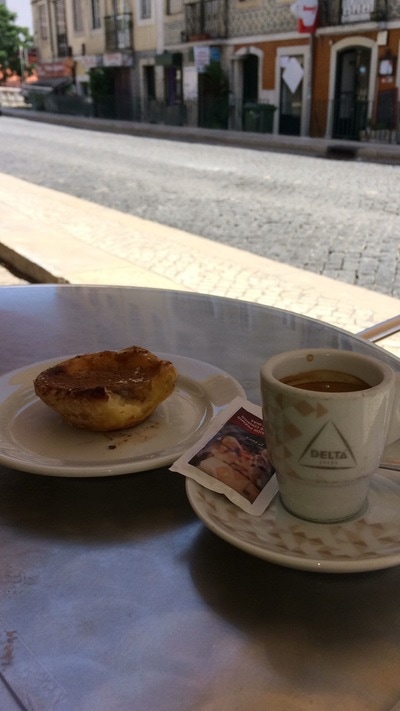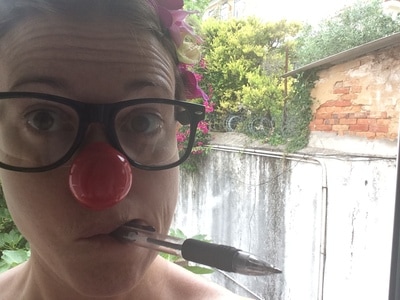|
I am so happy to be here again, on the final leg of my Winston Churchill Travel Fellowship.
And I am here to visit Operacão Nariz Vermelho as part of my ongoing research into the integration of hospital clowns into healthcare units, and all the ways organisations do this well. I am principally here to talk to ONV about:
But more on that later! Yesterday I had the treat of meeting with one of the clowns on the ground, and had a wonderful chat about hospital clowning and the importance of making sure that we are looked after as artists. It felt like kind of a delicious indulgence - we are not in this work for our Egos, after all. But sometimes if is good to remember that everything – the communications, the research, the fundraising, the artistic director – is there to make sure we can keep doing what we are doing. And we need to make darned sure that we are doing it well. (I should say also that they do a completely wonderful job, and of course, if it wasn't for them, we wouldn't be doing what we are doing at all!). I was amazed to hear that ONV offer their clowns a 2 week workshop every year with an outside clown teacher. They also have monthly training days, and are paid to observe each other working. We talked a lot about the importance of this last one. It was a revelation to me how much watching the work of Alegria Intensiva in Buenos Aires had a positive impact on my own practice. I worry that as competition for funding increases, as artists, we will have to carry on with less input and training. Our creativity, our strong clown practice, our strong partnerships – all of these things are also our protection in a job that puts us face to face with very vulnerable people on a regular basis. They mean our days clowning in hospitals can be, and often are, full of laughter and joy. But on days where the clown feels distant, or the partnership is difficult, or creativity and presence is buried under 'make something happen, do something good, be funny' that protection is diminished. You know you haven't delivered to the high artistic level possible. And it feels really awful because you are in hospital, and your audience is vulnerable and captive. It is a difficult job, and even the most motivated and passionate hospital clown can't always find the artistic resources on their own to keep moving forward creatively, or solve a partnership conundrum. I think things like observing one another working could have really positive impact on the quality of the work we do:
Rest assured though, that before I had any of these thoughts, the first thing I did was eat a Pastel de Nata! More soon. More thoughts, I mean...
0 Comments
Leave a Reply. |
AuthorI am a therapeutic clown and performer. Writing here is part of my wider practice and maybe some of my thoughts will trigger some thoughts of your own and I hope that helps. Archives
May 2024
Categories |


 RSS Feed
RSS Feed